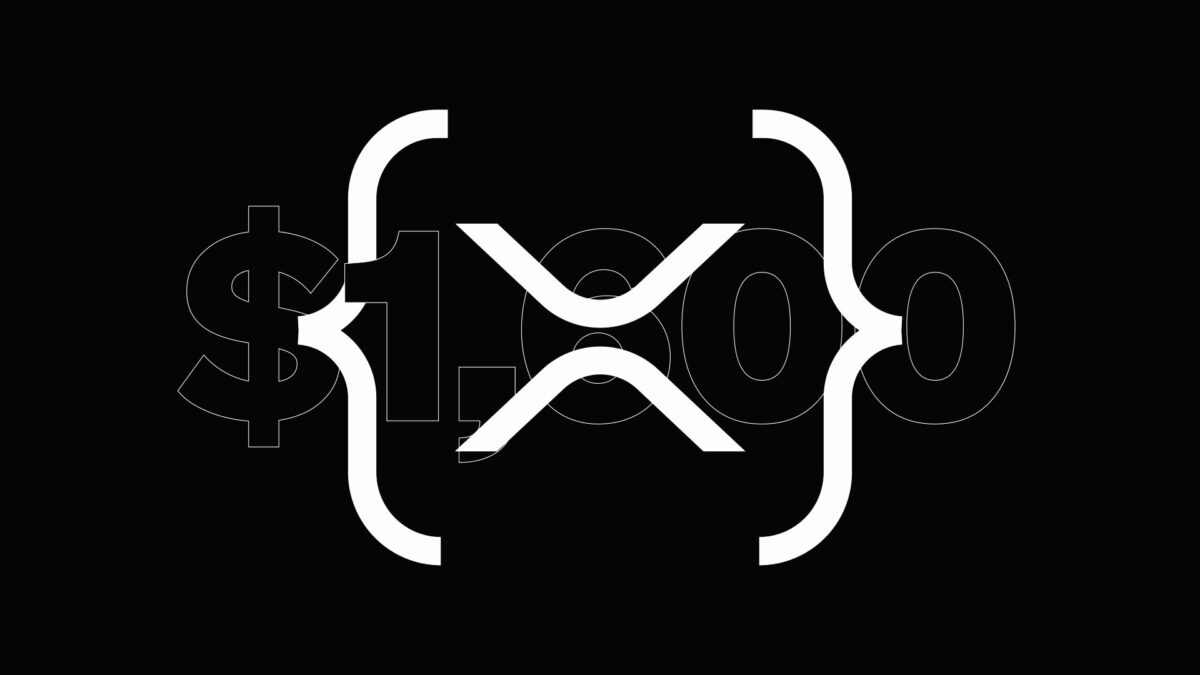Is XRP overvalued? Critics flag $149 in daily network revenue

Yesterday, users of XRP, the blockchain responsible for securing over $127 billion worth of native coins, received less than $1,600 in network fees.
Specifically, the ledger burned a mere 711 XRP as fees to the protocol.
The dismal amount wasn’t a momentary dip to embarrass the XRP Army on social media but, in fact, pretty much representative of an average day at the world’s third-largest blockchain.
The day prior, users burned 721 XRP as fees.
Indeed, over the last three months, there’s never been a day with more than $5,000 worth of XRP burned, with most days seeing less than $2,000.
On crypto finance trackers like DefiLlama that monitor decentralized exchanges and protocols, total revenue earned by all apps on XRP Ledger during the last 24 hours displayed as a mere $303.
Someone else screenshotted that tracker displaying $149 for a full day.
The disparity between XRP’s multi-billion-dollar valuation and its pitiful-by-comparison revenue has led some — specifically xSpaces host and X user DBCrypto — to question the project’s fundamentals and even hint at potential fraud.
Paying almost nothing in XRP Ledger fees
To transact on the XRP Ledger, a user must destroy a tiny amount of XRP to incentivize the rest of the network to process their transaction.
By reducing the supply of XRP, even slightly, all other holders of XRP benefit, ceteris paribus, assuming constant demand for the smaller supply of coins.
Validators enforce transaction fees for XRP Ledger operations. Neither validators nor relayers receive XRP network fees, which are instead irrevocably destroyed by the protocol and permanently reduce the circulating supply of XRP.
Read more: Years of hype but still no deal: SWIFT sidesteps XRP again
The tiny quantities of XRP burned as fees compare with substantial transaction fees at other blockchains.
For example, Bitcoin users voluntarily pay hundreds of thousands of dollars on any given day, which are added to tens of millions of dollars worth of coinbase rewards from the protocol.
In contrast, XRP network fees for transactions are typically very low, often one-one thousandth of a cent or less.
On-chain bitcoin transactions can cost $0.13 apiece — although cost savings are proliferating — and have briefly spiked into the tens or hundreds of dollars during peak periods of congestion like April 2024.
Unlike Bitcoin, however, the security of the XRP Ledger doesn’t rely on miner revenue. Whereas each BTC transaction pays miners to expend electricity for proof-of-work, XRP Ledger validators move the ledger forward without transaction-by-transaction compensation from the protocol or its users.
Got a tip? Send us an email securely via Protos Leaks. For more informed news, follow us on X, Bluesky, and Google News, or subscribe to our YouTube channel.
